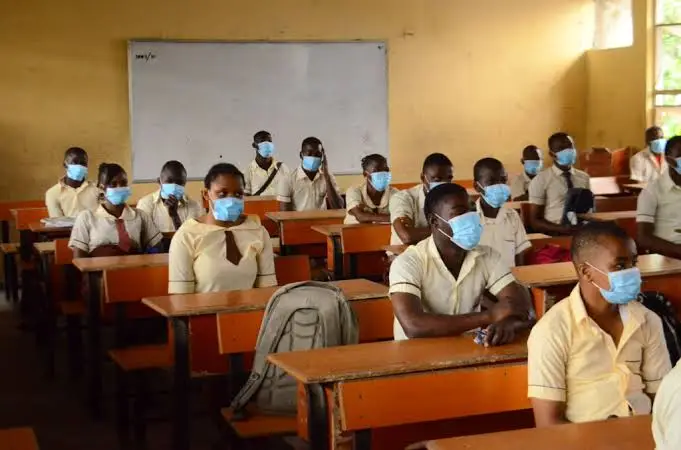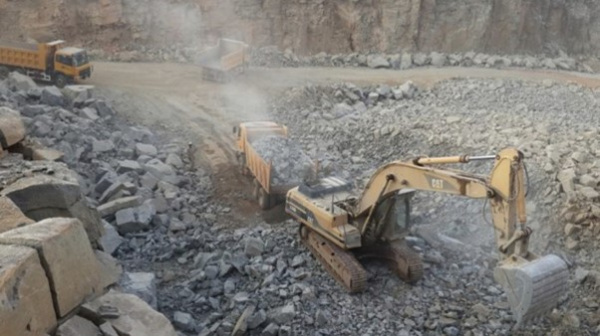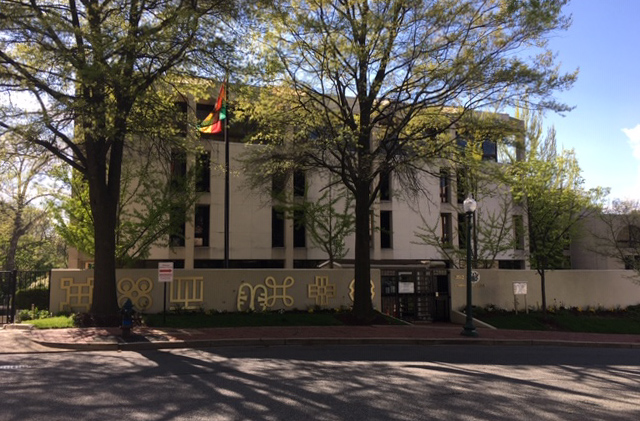
FG to Scrap JSS, SSS and Introduce 12-Year Basic School System Amid Pressing Issues

The Federal Government of Nigeria has announced plans to abolish the Junior Secondary School (JSS) and Senior Secondary School (SSS) structure and replace it with a 12-year uninterrupted basic education system.
The Minister of Education, Dr Tunji Alausa, disclosed this on Thursday at the 2025 extraordinary National Council on Education (NCE) meeting in Abuja. He said the reform aligns with global best practices and aims to reduce dropout rates by removing financial and systemic barriers. The NCE meeting was attended by education commissioners from all 36 states, Federal Capital Territory representatives, and other stakeholders.
Under the proposed model, pupils will complete 12 years of basic education before progressing to higher institutions, replacing the current 6-3-3-4 system with a 12-4 structure. The government is also seeking approval to set 16 years as the minimum age for entry into tertiary institutions.
Alausa claimed that the reform would ensure a standardised curriculum nationwide, introduce early vocational and entrepreneurial training, and enhance Nigeria’s global competitiveness.
Many developed nations have implemented similar systems where basic education spans 12 years, ensuring pupils acquire foundational knowledge before specialising at tertiary levels,” he said.
The government plans to implement the new policy through infrastructure expansion, teacher recruitment, curriculum enhancement, and strategic funding. However, critics argue that the move distracts from more pressing issues in the education sector. Many schools nationwide suffer from inadequate infrastructure, teacher shortages, poor funding, and frequent strikes. Millions of out-of-school children remain a significant concern, and the quality of education continues to decline. With these unresolved challenges, a structural overhaul is not the most urgent reform needed.
Read More:
- FG Renames UniAbuja as Yakubu Gowon University, Replaces Governing Councils of Federal Universities
- Senegal Govt Announces Compensation for Victims of Political Violence Under Former President Macky Sall
About The Author
Related Articles
Cotê D’Ivoire: Thousands Rally in Abidjan as Opposition Demands Electoral Reforms Ahead of October Election
Thousands of opposition supporters gathered in Abidjan on Saturday, May 31, to...
ByJoy ChukwuJune 1, 2025Togo Stops Issuing Mining Permits to Reform Outdated Mining Code
Togo has suspended the issuance of new mining permits for prospecting and...
ByJoy ChukwuJune 1, 2025ICYMI: Ghana Shuts Down Washington Embassy Over Visa Fraud Scandal
Ghana has temporarily closed its embassy in Washington, D.C., following the uncovering...
ByJoy ChukwuMay 31, 2025Confederation of Sahel States Moves to Establish Joint Judicial Body
The Confederation of Sahel States (CSS), comprising Mali, Niger, and Burkina Faso,...
ByJoy ChukwuMay 31, 2025












Leave a comment